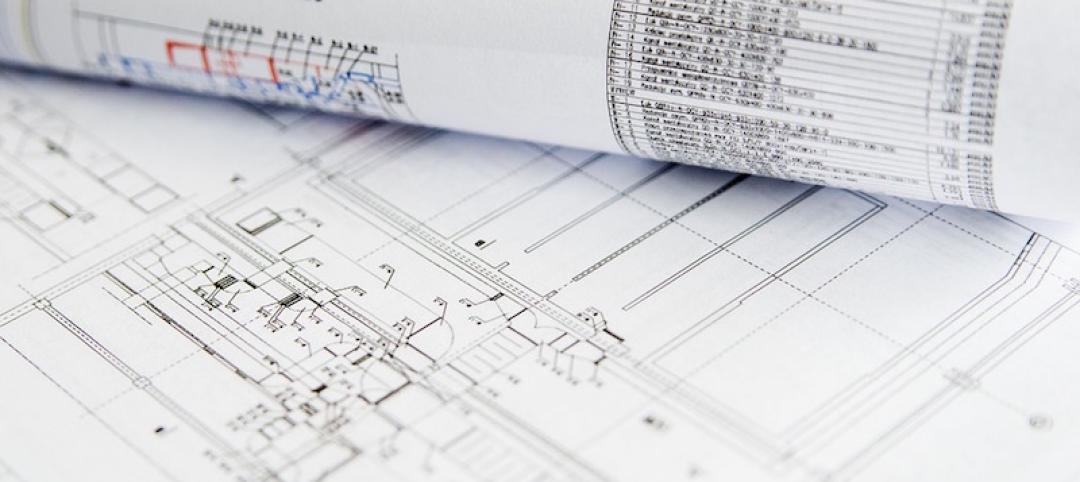Two years ago, a plan to create a smart city project along Toronto’s waterfront was unveiled with great fanfare.
Since then, the proposal, spearheaded by Sidewalk Labs, a subsidiary of Alphabet (Google’s parent company) has prompted extensive public criticism and a lawsuit by the Canadian Civil Liberties Association over data privacy and misuse concerns. The ambitious project was conceived as a showcase for the latest smart city technologies.
The project is to be centered on sustainable and safe transportation systems, and efficient and affordable housing. Technology such as “adaptive traffic lights” would prioritize cyclists and pedestrians and study the possibility of autonomous transit options. Innovative building materials and new occupancy models, like “co-housing”, would offer green, reasonably-priced housing.
With sensors tracking people and vehicles sprinkled throughout the development, privacy rights advocates are concerned that the data could be used for surveillance and discourage people to exercise free speech rights. It didn’t help that at public hearings Sidewalk Labs seemed unable to spell out where this data would be stored and how it would be used.
The company also presented a greatly expanded scope of the proposal from the original 12 acres to a 190-acre area at a public meeting, perhaps misreading the intent of the agreement with the city. These issues have caused delays to the project, but Waterfront Toronto, the city group overseeing it, recently voted to go forward with the 12-acre development.
Other smart city projects around the globe, including in South Korea and India, have been also been plagued by delays and controversies. These challenges indicate that making cities smarter will not be easy.
Related Stories
Codes and Standards | Oct 26, 2017
Boston’s Old South Church asks tower developer for $19 million for casting shade
Request highlights ongoing conflict between developers and residents over right to sunshine.
Codes and Standards | Oct 24, 2017
Asphalt roofing design guide now available in digital form
Recently updated Modified Bitumen Design Guide can be viewed on smartphones and tablets.
Codes and Standards | Oct 23, 2017
Energy efficiency investments on the rise; will increase next year
Survey of facility management executives shows onsite renewables, energy storage will spike in 2018.
Codes and Standards | Oct 20, 2017
AIA contract document updates include new BIM, digital data provisions
Documents are structurally different from 2007, 2008 versions.
Codes and Standards | Oct 19, 2017
IAPMO seeks proposals for 2021 Uniform Plumbing Code, Uniform Mechanical Code
The deadline is March 16, 2018.
Codes and Standards | Oct 18, 2017
States impacted by hurricanes are improving their energy efficiency policies
Florida, Texas, rise in ACEEE state energy efficiency scorecard.
Codes and Standards | Oct 17, 2017
Updated versions of EnergyPlus and OpenStudio building energy modeling tools released
Open-source apps include enhancements for urban-scale modeling.
Codes and Standards | Oct 16, 2017
New, comprehensive insurance exhibit released in AIA 2017 contract document updates
Will allow AIA to make updates more frequently as insurance market changes.
Codes and Standards | Oct 12, 2017
New AIA contract document designates responsibilities for sustainable projects
Roles of architects, contractors outlined in E204–2017.
Codes and Standards | Oct 11, 2017
Data, transparency are keys to next steps in green building, says USGBC chief
Monitoring and comparing performance are critical to advancing sustainability goals.















